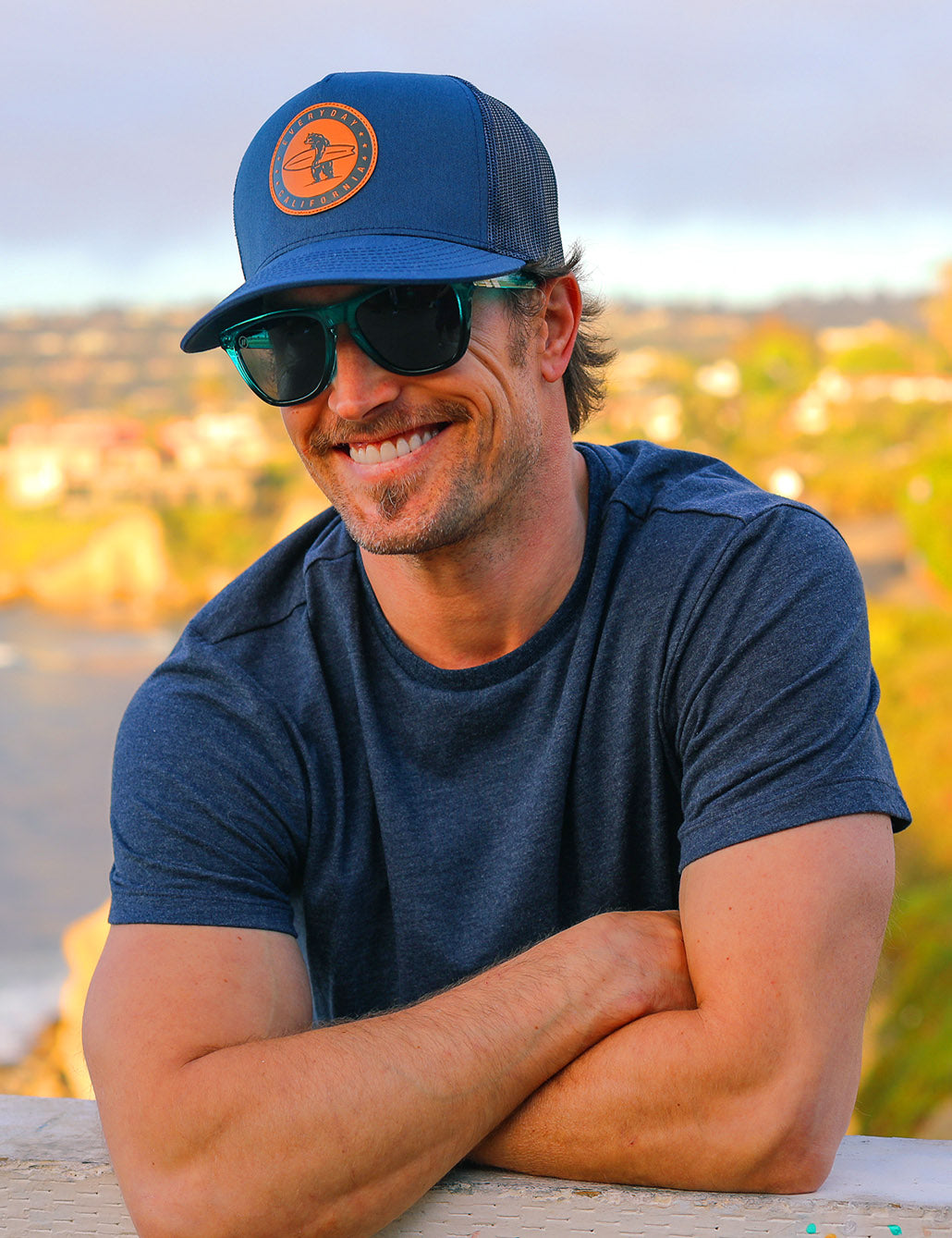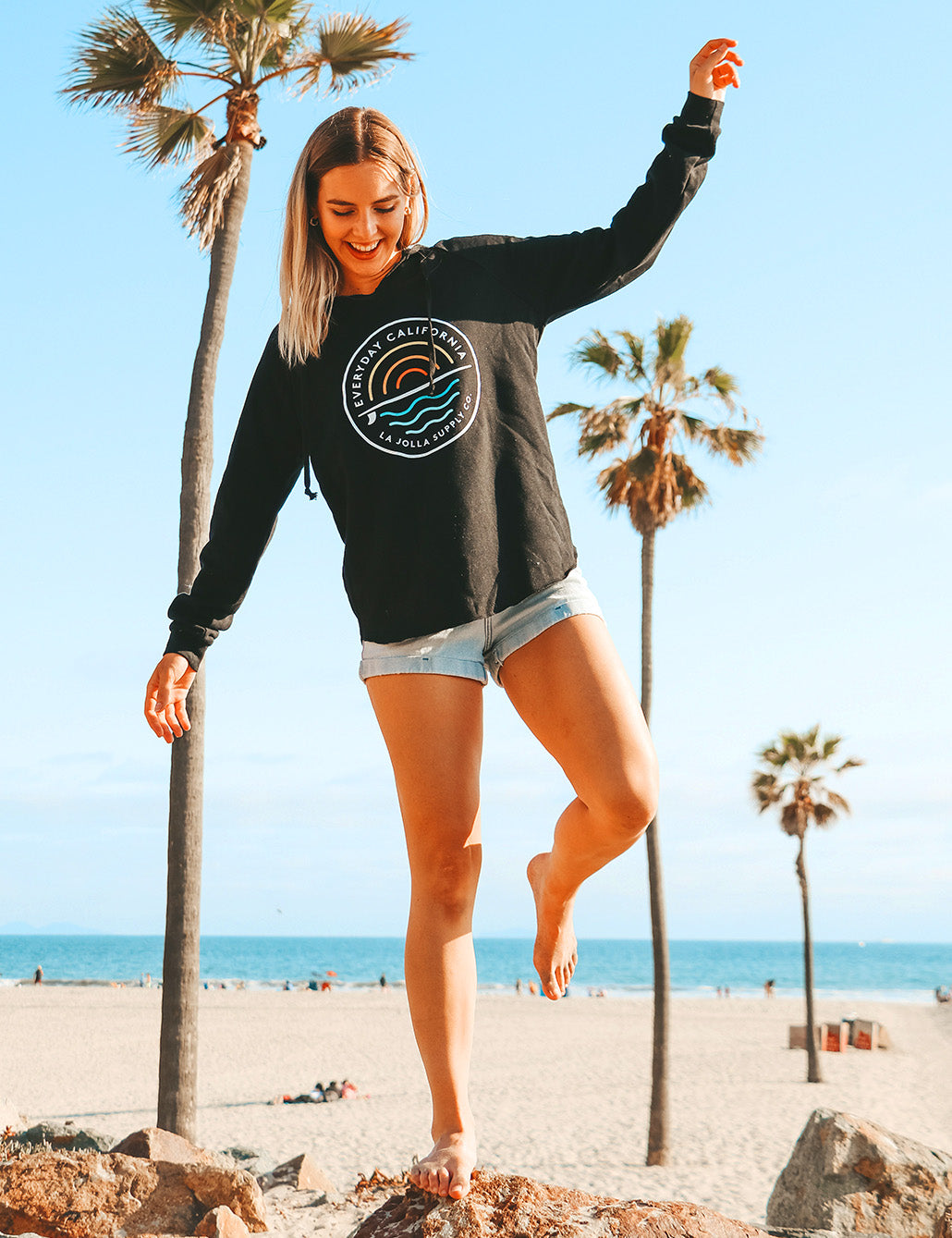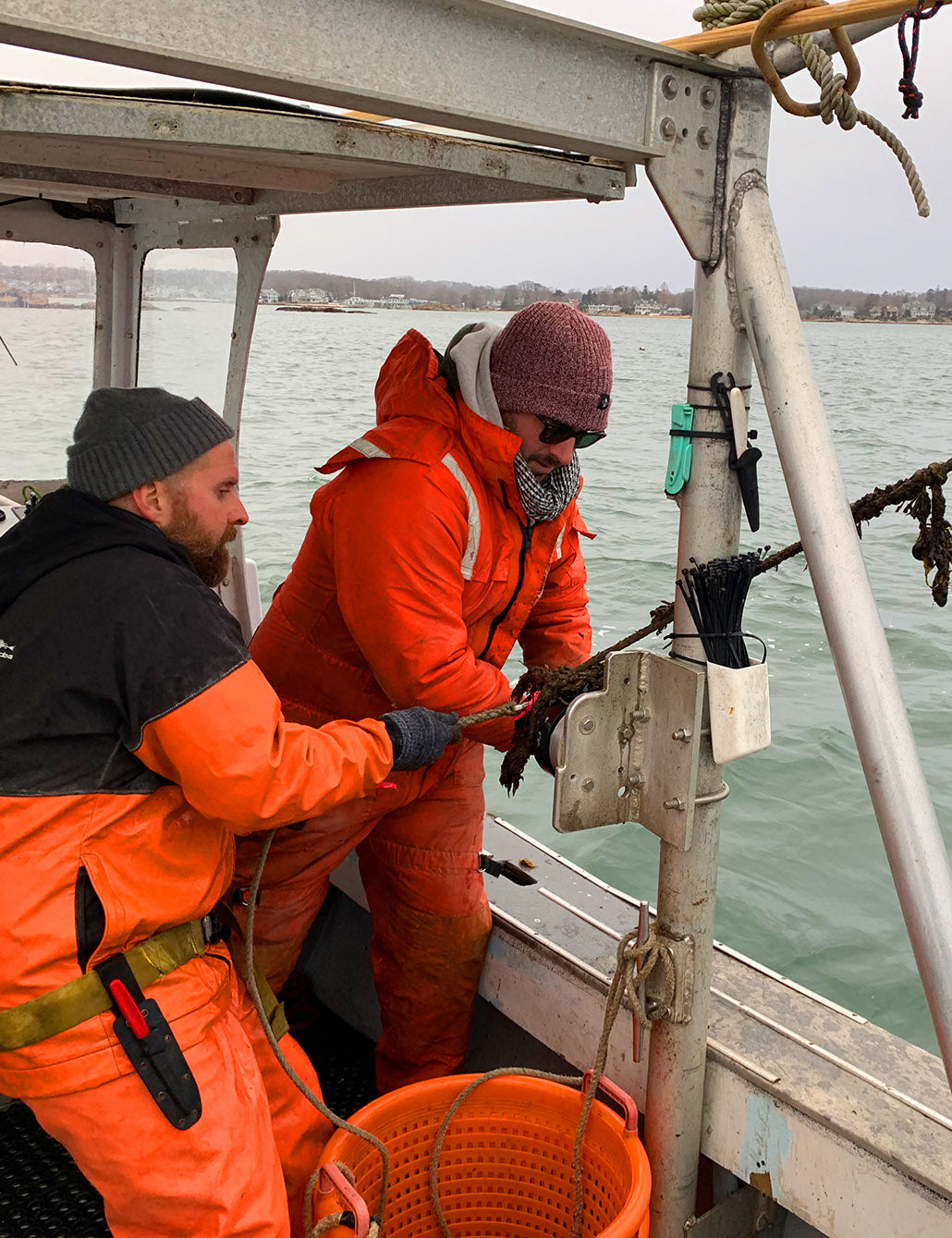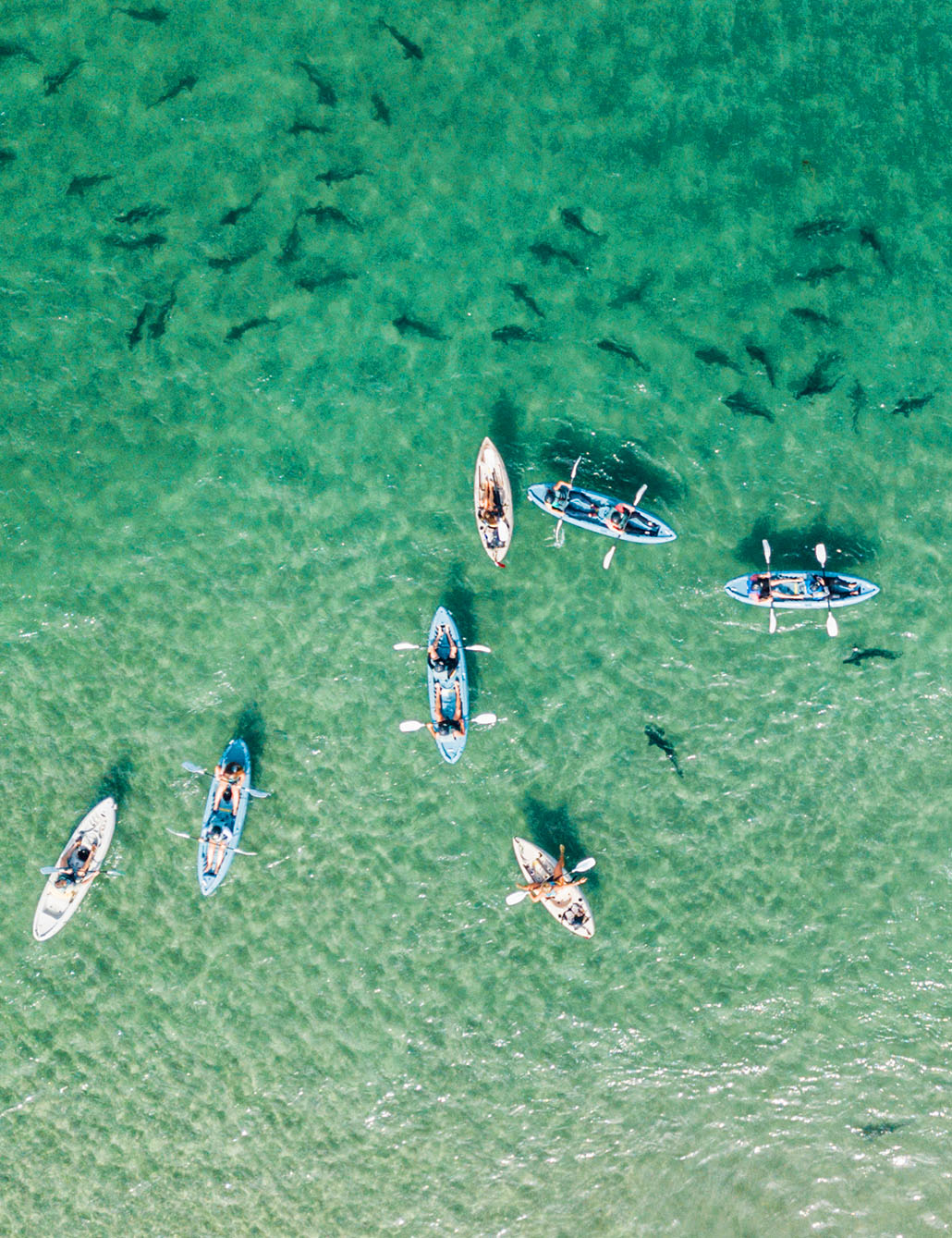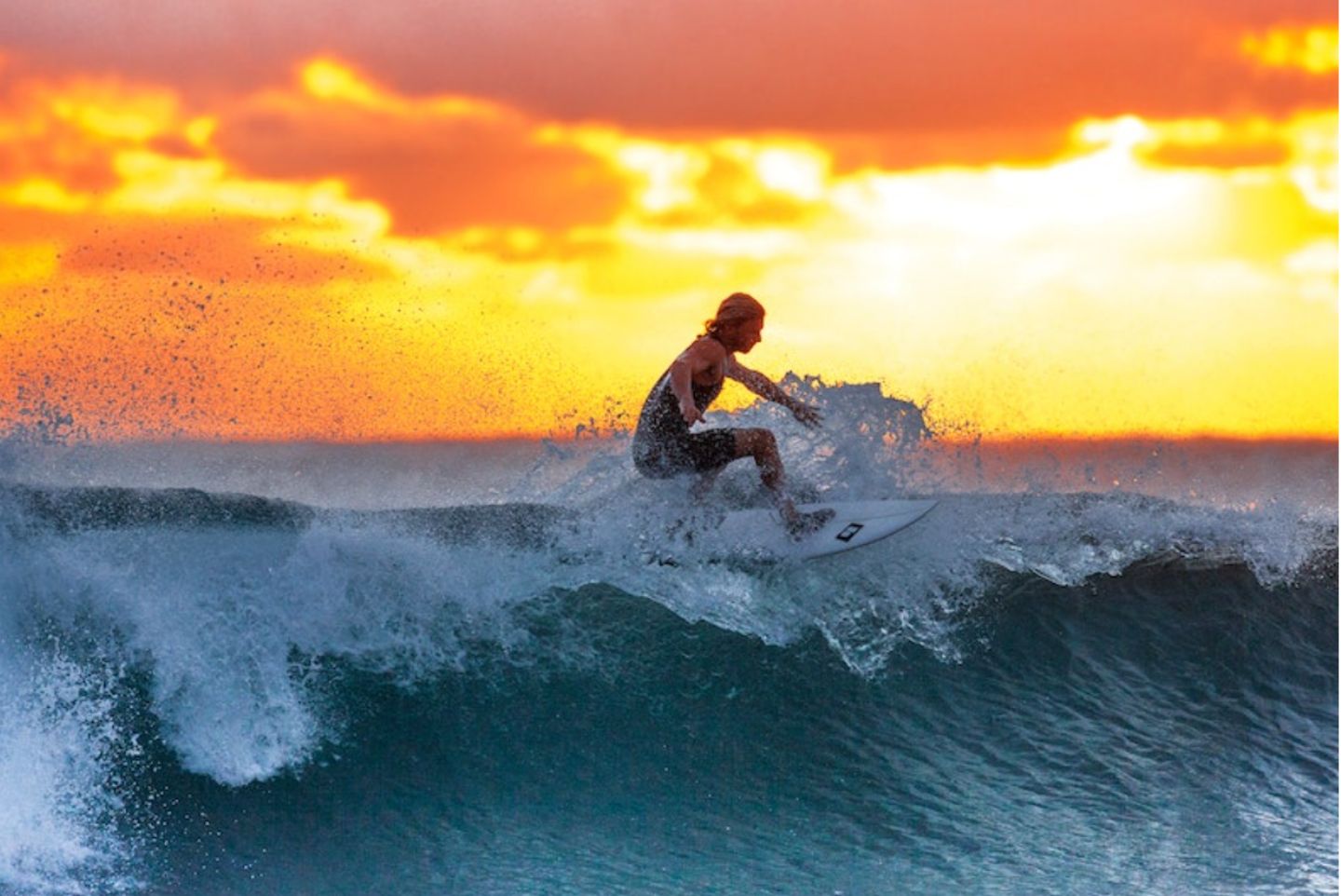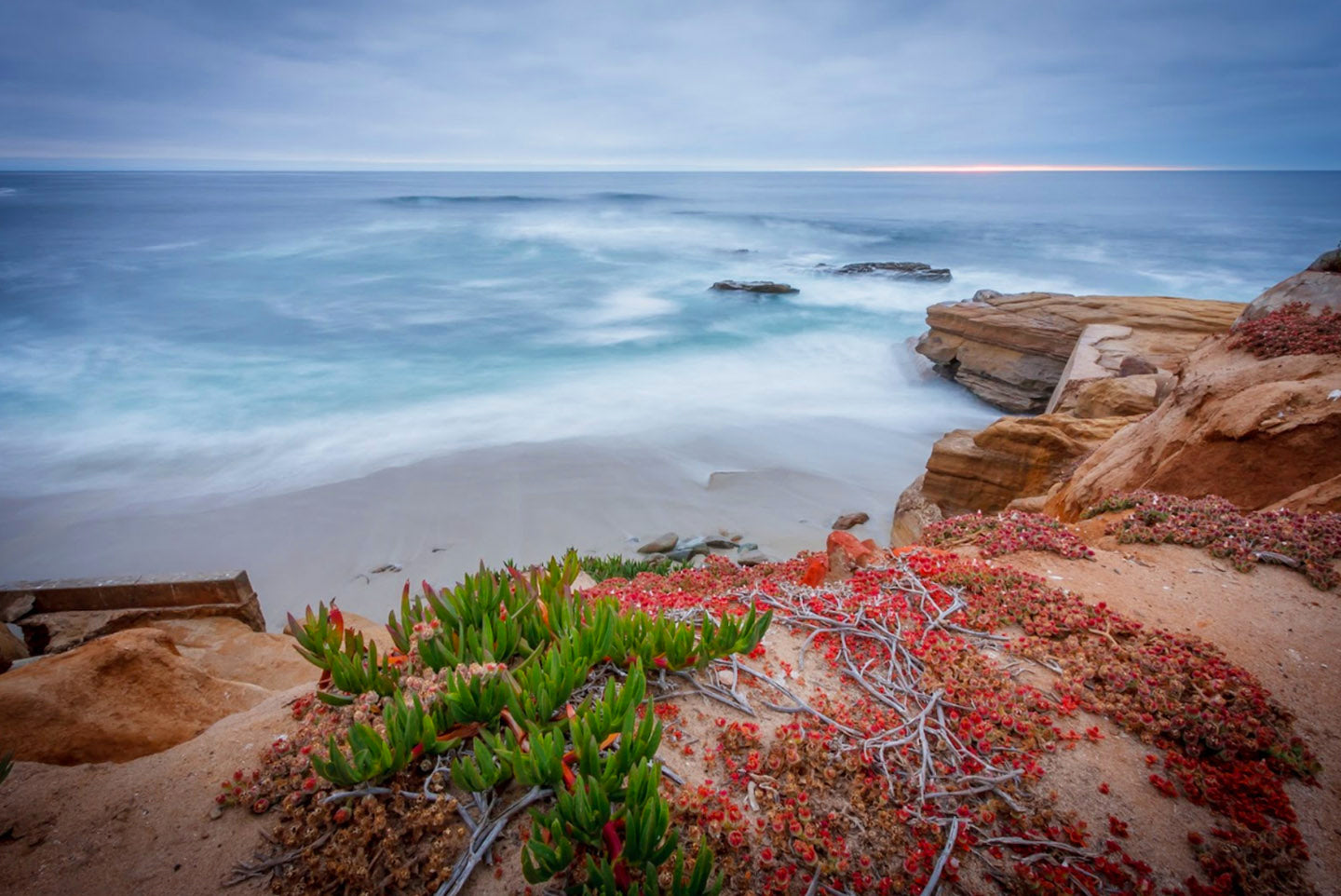How many times have you walked across the beach, saw someone ripping waves, and thought to yourself - wow, that looks like a lot of fun. But then you came to the realization that it’s probably very difficult and you wouldn’t even know where to start.
Once, twice? More? Regardless of your answer, the truth is that surfing can feel somewhat difficult to learn, but that’s part of its charm. There’s no better feeling than finally getting the hang of a trick or riding a full wave without issue. With the right surfing foundations, you will thrive on the waves.
You may also experience a degree of fear; what happens if you wipe out, what if the waves get too strong? Well, fear is a part of any adrenaline-inducing sport or recreational activity but as long as you take your time to learn and perfect the basics, and gradually improve your skills, you won’t run into much trouble.
Of course, mistakes will occur but you shouldn’t be disheartened by them - after all, mistakes are the best way to fix what you’re doing wrong.
Either way, here’s what you need to know to start surfing as a beginner:
Sign Up for Surfing Lessons
Let’s face it - trying to DIY a surfing lesson for yourself, by yourself, probably won’t end well and you might even end up learning incorrectly. Your best bet is to pay a surfing instructor to help you stand on your feet and go through the basics with them.
This way, they’ll not only be able to jump in if things go wrong, but they’ll also point you in the right direction and help you transition from a complete newbie to a capable surfer.
On top of that, they’ll take care of surfboard selection (picking the one that’s best for your abilities and physique), give you a suitable wetsuit, decide when the best time to hold the lesson will be based on the weather, and analyze the beach upon arrival to determine the best and safest area.
Don’t expect the waves to be anything impressive in your first few lessons since you’ll first need to get a feel for balancing yourself on the board. In some instances, the instructor will paddle out with you to provide reassurance and motivation, as well as pointers.
Surfing lessons are pretty affordable and they are the best option for learning how to surf properly and in a timely manner. But once those lessons are over, you’ll be left to your own accord which can seem intimidating at first.
Many experienced surfers agree that your first solo surf is going to make or break your interest in surfing. Some people come to realize that surfing isn’t as exciting as they expected or they don’t believe they’ll grow to love it. After all, surfing is like skiing or snowboarding - it’s an acquired taste.
But if you end up enjoying your first solo surf and are excited by the prospect of improving your skills and catching larger waves in the future, then you’ll find it hard not to surf at least a few times during the year.
So, if you’re one of the people that want to push themselves and learn new surfing skills, you will have to consider a few things to progress properly.
Be Mindful of the Surf Learning Process and Be Realistic About Your Expectations
Achieving your dream of becoming a surfer is a drawn-out process that can be a bit frustrating at times. There will be occasions when you won’t know why it’s not working. But there’ll also be times of pure relief and satisfaction when you finally manage to pull off something new.
Most people require at least a dozen excursions onto waves to get a feel for surfing, let alone how long it can take to become skilled on the board.

However, as time goes by, you’ll become much less prone to mistakes since your surfing foundations will be set in stone. And by the time you’re ready to catch some monster waves, your surfing ability will be at a high threshold.
Don’t expect to become a master surfer in a few weeks, and don’t expect to easily ride the waves your first, second, or fifth time on the surfboard.
As far as how the process should go, your first few sessions will likely be in whitewater. You may experience over 50 small waves during just one surf session which is why it’s perfect for improving your stance and pop-up technique. After that, you may go out the back without a coach and be met with just one or two waves per session.
Don’t be discouraged by this. Eventually, you’ll figure out how and where the waves break and you’ll be able to catch more waves. And remember - even one wave per session is a good result!
Here’s a summary:
- Start and remain in whitewater until your stance and pop up are excellent.
- Move onto catching green wave ‘reforms’ in the shorebreak and learn to surf across them. Going out the back is also a good idea if the swell is small.
- Learn what the best beginner waves are and how to read the forecast.
- Learn how to analyze a potential surf spot; check where the waves break, and where to paddle out safely and efficiently.
- Start catching slightly larger green waves; keep an eye on your positioning and try to catch them as early as you can. If you catch them late, they may be too steep.
- Continue doing this to enhance your fitness and your wave count will rise steadily (as will your surfing skills).
Learn How and Where to Find the Best Types of Waves for You
No good surfer would ever just show up to the beach without knowledge of the current and upcoming weather conditions.
The conditions must match your current skill level. If it looks like it’ll be windy and the sea will get rough, it’s best not to go surfing if you’re a beginner. It’s best to take a look at the conditions a week or two in advance so you have time to prepare.
So, if the weather is good, how do you find the right type of wave for you?
There are a few wave characteristics to look out for, namely size, shape, power, speed, direction, and surface conditions. On top of that, you’ll have to account for certain variables as well, including geography, swell, wind, tides, sea floor profile, type of surf spot, and more.
As a beginner, you don’t need to know all of these details because the only waves you’ll be chasing are small green waves and most of the time you will be with someone more experienced. But once you cement the surfing foundations, it’ll be time to learn about wave types.
Remember - improving your surfing skills is a gradual process so you shouldn’t jump into massive waves right from the get-go.
Stay Motivated!

The sea is as unpredictable as it is predictable, arguably even more so. Not even the best surfers are 100% correct in their wave choices all the time. However, they are very close to that. And the only way to not stagnate and keep improving at a steady pace is by surfing regularly.
As a beginner, a surfing session every couple weeks (at minimum) is a great start. It is better, of course, to surf every day or every other day with a rest day in between. Surfing regularly will not only improve your skills, but it’ll also build and maintain your paddling fitness.
You’ll also get acquainted with the sea more and you’ll start understanding the conditions in greater detail. All of this will give you an edge and will enhance your surfing abilities.
Also, it’s worth noting that you may feel unmotivated to continue because you’ve hit a plateau and can’t seem to progress further. Our advice, if this happens, is to get additional lessons where the instructor will analyze your surfing to pinpoint areas that need improvement. They’ll also tell you exactly how to do that.
Stay motivated because each wave you catch brings you one step closer to becoming a great surfer!
Get Your Own Gear
Visiting a beach and catching some waves is always easier with your own gear. After all, you won’t have to wait in line to get a board and wetsuit and you won’t have to pay for the gear each time you visit the beach either.
Beginner Surfboard
The most important piece of surfing gear - a surfboard. Surfboards come in all shapes and sizes but the ones you should be looking at are beginner surfboards. They are easier to control and generally allow surfers to learn the surfing foundations with relative ease. You also shouldn’t drop too much money on your first surfboard because you might outgrow it in a few months if you surf a lot.
You can find used surfboards in good condition for about $400-$500 depending on where you look. Beginner surfboards also hold their value well so you shouldn’t worry too much if the price tag is a little steep since you’ll be able to sell it for a similar value if it’s maintained well.
Our advice is to avoid foam boards because the only ones worthwhile getting are pretty expensive. Any other board construction & material works fine. Keep in mind that it’s better to get a board that’s too large than a board that’s too small since you’ll have more control over a larger board.
Wetsuit
A wetsuit is an essential piece of surfer gear that will enable you to surf year-round. The primary reason for this is to avoid having to start surfing from scratch; this often happens to ‘summer surfers’ who have to wait 8-10 months before getting the chance to surf again. Consistency is key and having a wetsuit guarantees that.
In most cases, a wetsuit will last you for around 2-3 highly active surfing seasons if you spend around $350-$450 on a good one. Check out our guide on how to choose the right wetsuit.
Check out Everyday California For All Your Surfing Needs!
Everyday California offers various types of surfing lessons and even rentals. Whether you’re interested in group or private lessons, we’ve got you covered. Everyday California also envisions to share the California lifestyle by offering a wide range of apparel collections for men, women, and kids of all ages..
We also offer a wide range of water activities you can enjoy with friends and family. Get ready to experience San Diego, CA, like no other with our exceptional tour packages. We offer:
Ready to experience the grandeur and adventure of California? Get in touch with us.
Summary
Engaging in surfing and progressing from a total and complete beginner to an experienced and skilled surfer is an amazing feeling. Getting yourself to a high degree of performance is a strewn-out and, on occasion, difficult process but at the end of it all, you’ll be happy you picked surfing as your hobby of choice.
Remember to take things slow, learn from your mistakes, and be consistent on your journey to becoming an experienced surfer. Good luck!

